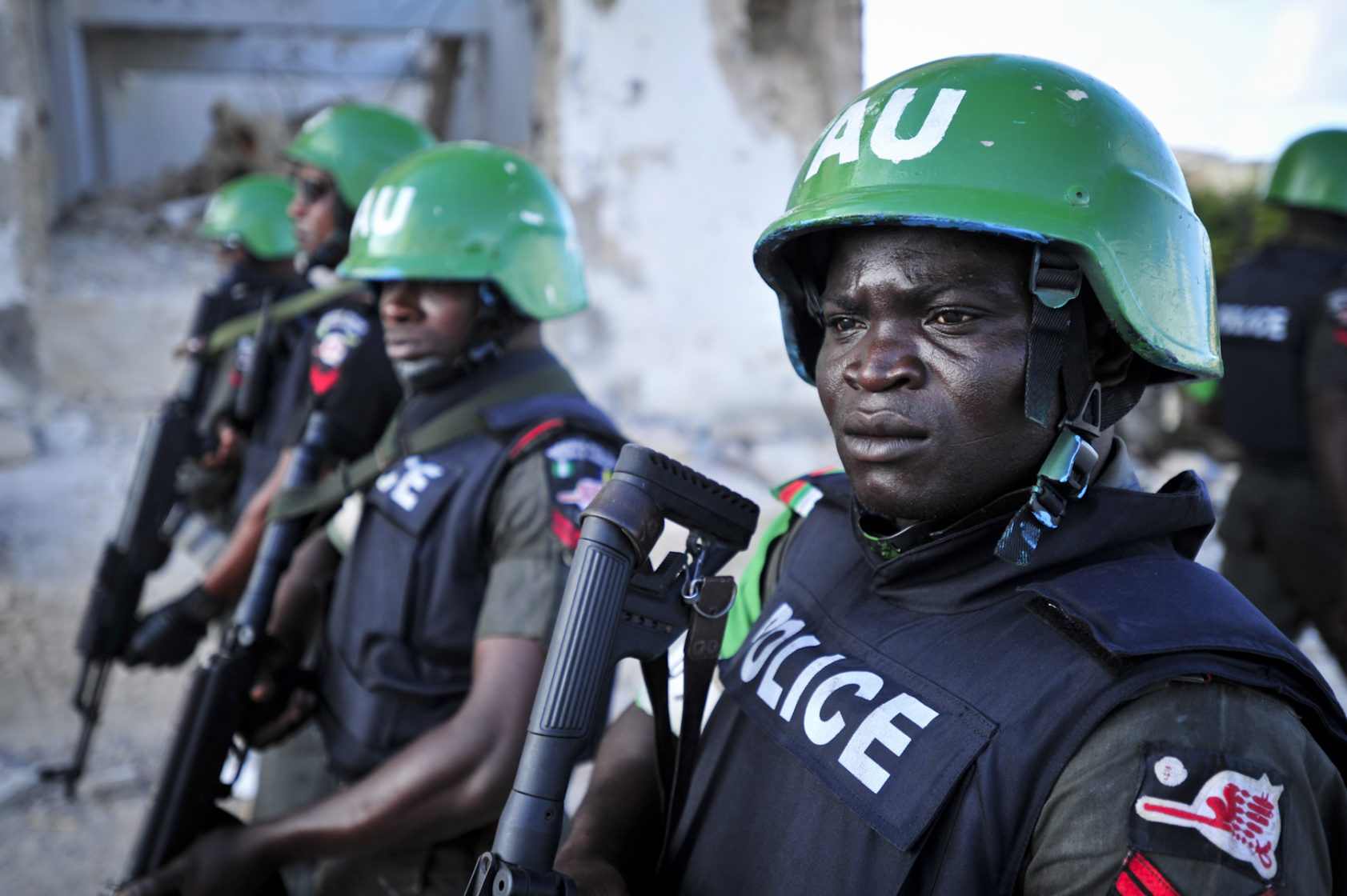
Photo courtesy of WikiMedia Commons.
Since early October, the citizens of Nigeria have been protesting for an end to the brutality of the Special Anti Robbery Squad (SARS), a police unit whose abuses of power include extrajudicial violence and invasions of privacy. Although the government has promised reform, it is difficult to tell what will come of the next few weeks, let alone next year.
The issue recently received global attention, with the #EndSars hashtag trending on Twitter and U.S. based protests among Minnesota’s Nigerian community. This is in part because the Nigerian government chose to escalate the situation by responding to the protests with increased brutality, resulting in multiple injuries and fatalities. However, they have also made slight concessions and agreed to dissolve SARS on Oct. 11. Many activists argue that this is not enough, since many former SARS officers will go to other departments or not be held accountable and no investigation board for police wrongdoing has been established. These factors have caused backlash against the replacement Special Weapons and Tactics (SWAT) force that the government will soon begin training.
In the bigger picture, a closer look at Nigeria’s history indicates that the problem is far from solved. The problems with Nigeria’s police force are largely rooted in its colonial origins, as increasing unrest in the former British colony meant that by 1910, 27 percent of money spent in the colony was used to suppress the populace. This created a situation where post-independence, the new Nigerian state was left with a large, brutal and corrupt police force as a means of maintaining order, that would not change despite the fact that it was no longer the colonizer that held the reins.
“These national forces were established to protect the state, not the citizens, and in some cases they continue to enforce colonial-era laws created to crush any forms of dissent,” Professor of Anthropology Erin Dean explained.
Such issues with the police force are not helped by the system it serves. Others argue that colonialism taints all the organs of the Nigerian state, its origins as a resource extraction operation of the British Empire creating an aftermath in which various actors fight for control of the oil industry, the ruling class using military and police brutality to get their way.
The resulting dysfunction means that the police also have also had incentives to harass and extort.
“Another factor is that the police forces are often chronically underfunded and police officers are paid relatively little,” Dean added. “Corruption and extortion become strategies for supplementing salaries, and this means the potential for human rights abuses is very high.”
In light of all this, the actions taken by the Nigerian government seem insignificant. While the government may pledge reform, such deeply rooted issues will require more than the equivalent of bandages on bullet wounds.
